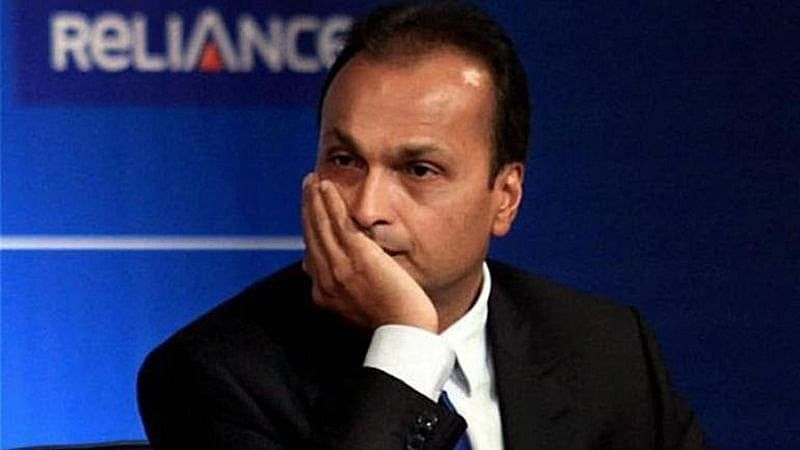
Mumbai: The Bombay High Court on Friday stayed Canara Bank’s November 8, 2024, order that classified industrialist Anil Ambani’s loan account, linked to the insolvency-bound Reliance Communications, as fraudulent. The court also sought a response from the Reserve Bank of India (RBI) on the matter.
A bench of Justices Revati Mohite-Dere and Neela Gokhale questioned whether the RBI would take action against banks that have repeatedly defied its master circular and the Supreme Court’s ruling, which mandates that borrowers must be given a hearing before their accounts are declared fraudulent. “RBI needs to take some action against banks. This is repeatedly happening. Why should people repeatedly come to court?” the judges asked.
While staying the fraud classification order, the court allowed Ambani to amend his petition to include the RBI as a respondent. It also referred to its December 20, 2024, order, in which it had stayed a similar classification against Manjari Kacker, an independent director of Reliance Communications.
Ambani challenged Canara Bank’s order, arguing that he was not given a hearing before his loan account was classified as fraudulent. His counsel contended that the fraud classification was issued on November 8 but was only communicated to Ambani on December 25 — after the Bombay High Court had already stayed a similar classification in a related matter.
The advocate further claimed that Canara Bank had informed the RBI about the fraud classification as early as September 6, 2024, even before officially issuing the order. He contended that although it replied to the bank’s show cause notice on October 11, 2023, it has failed to provide crucial documents, including forensic reports and other materials it relied upon for the classification. Subsequently bank provided forensic report which was merely an opinion from a chartered accountant and lacked substantive evidence.
Additionally, the advocate pointed out that Canara Bank has not yet formulated its internal policy for classifying accounts as fraudulent, as required under RBI guidelines.
The bank, on the other hand, maintained that its fraud classification order was passed on September 6, 2024, and was only communicated to the RBI after its issuance. It also defended its forensic report, claiming it contained sufficient material supporting the classification.
The court, however, noted inconsistencies in the bank’s stance and said it will make RBI as respondent as the regulating agency needs to take action against banks.” Canara Bank has been directed to file its reply by February 28, and the matter is scheduled for a further hearing on March 6.